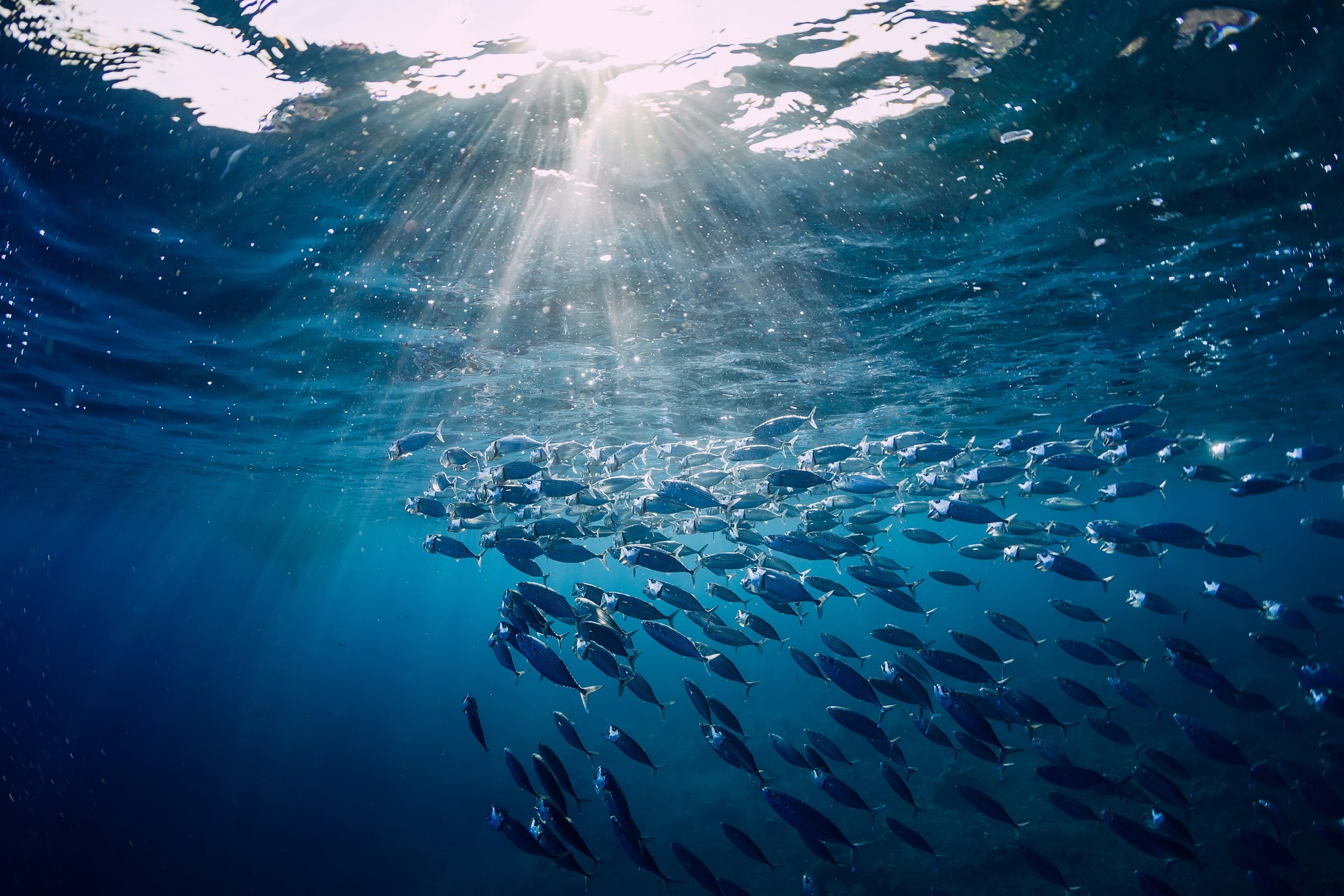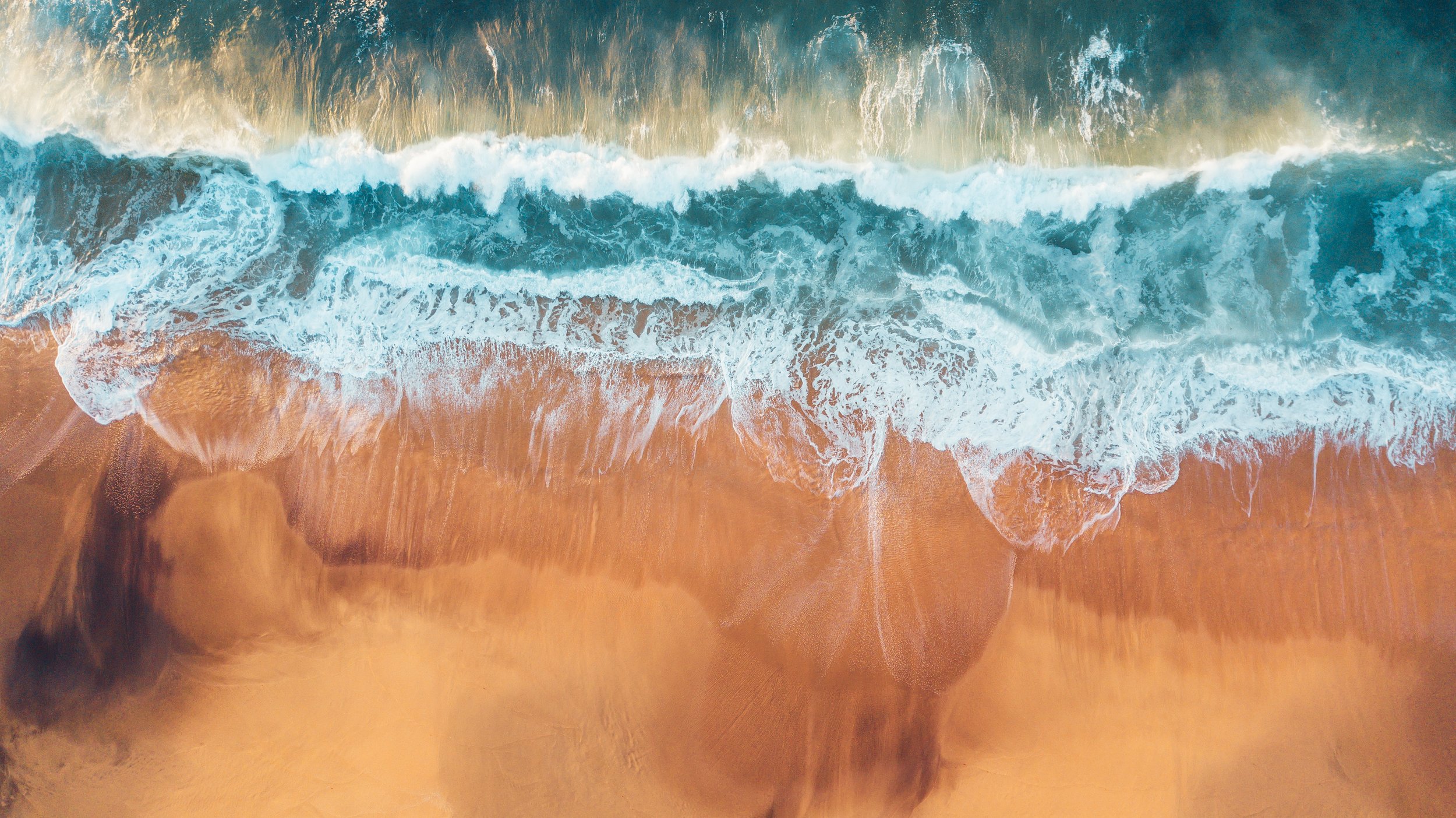
Ocean destruction
Australia’s beautiful marine environment and coastlines are under threat.
Stretching across 13.86 million square kilometres, and home to a diversity of marine species found nowhere else in the world, Australia’s marine environment is the world’s third largest marine district in the world. Australia’s species and natural marine treasures are iconic to this country and provide $25 billion of essential ecosystem services, including carbon dioxide absorption, nutrient cycling and coastal protection.
Sadly, this planetary treasure is under threat due to a range of human-driven risk factors. Climate change is placing the Great Barrier Reef at serious risk. Plastic litters our coastlines and pollutes our oceans. Despite the threatened status of a variety of native marine species, Australian marine parks have continued to have their protections downgraded in favour of economic pursuits.
Our oceans not only provide habitat and resources to a huge array of marine species, but are essential to all life on earth and must be protected.
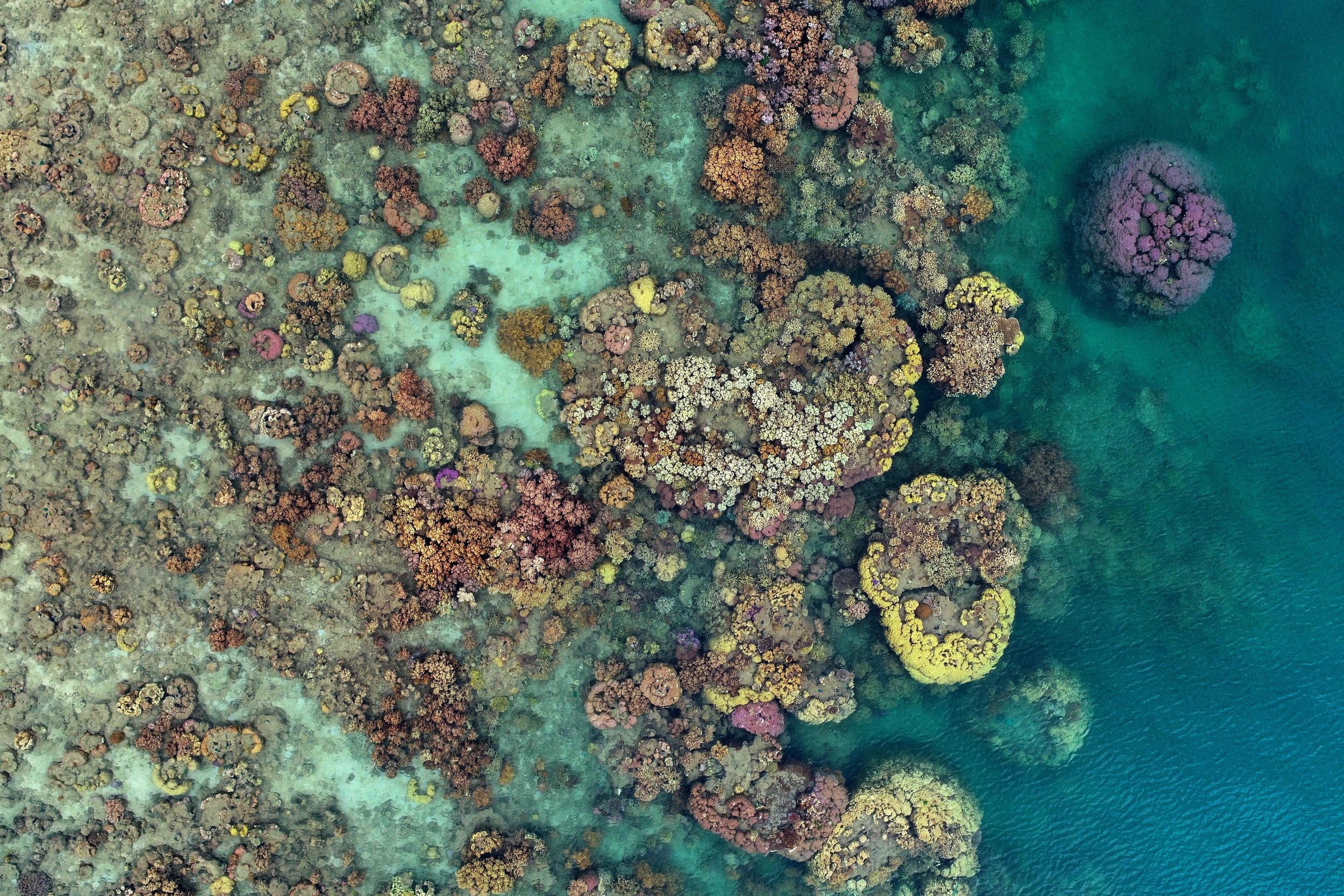
As important as the air we breathe
The plants in the ocean produce oxygen, these include phytoplankton, kelp and algal plankton. These plants produce oxygen through photosynthesis, which is the process of converting sunlight and carbon dioxide into sugars that the organism uses for energy.
Being home to so many plants, the world’s oceans play an important ecological role that is essential to the health of our planet. Approximately 50-80% of oxygen in the atmosphere is produced by marine plants, whilst absorbing 50 times more carbon dioxide than our atmosphere, making it a vitally important ally in the current climate crisis.
The issues
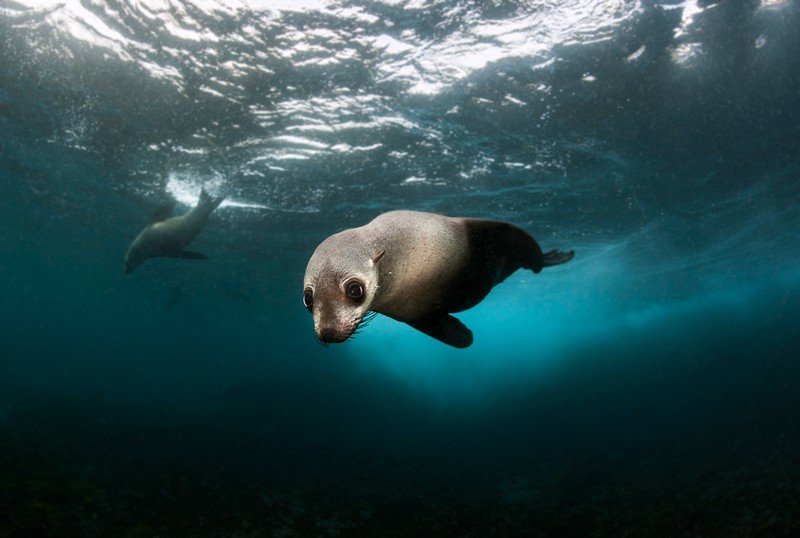
Now let’s talk solutions…
Despite the complex challenges our marine and coastal environments face,
there are solutions to better the world for our precious marine life.
Reduction in global plastics use
In recent years, the popularity of reusable and sustainable items, which have a far reduced impact on the natural world, have increased in popularity. This has coincided with heightened public awareness around the devastating impacts of plastic pollution throughout our ocean, and the detrimental outcomes for marine animals.
Though this global shift is encouraging, the adoption of sustainable materials like hemp and mycelium as a replacement for plastic, have still not received the investment necessary to keep up with global plastic demand.
Defend the Wild advocates for further investment into these solutions to ensure a reduction in harmful outcomes these items cause.
A phase out of industrialised fishing and government subsidies
The industrialised fishing industry is an unsustainable one, with global fish catches fluctuating close to the highest levels ever reported, all while the percentage of fish ‘stocks’ has never been lower. Despite this, governments spent US$22 billion of public money subsidising this industry in 2018.
There are three main arguments for the use of subsides; to address social equality issues and conservation concerns and to incentivise economic growth. Previously, subsidies to support economic growth were regarded as important for ensuring food security. However, with 90% of global fish stocks being either fully exploited or over-exploited, meaning they have been fished to capacity or beyond, the economic growth argument is no longer valid.
Research has provided a deeper understanding around the overall impact and effectiveness of fishing subsides, with a vast majority have now been identified as harmful. Usually existing for political reasons such as lowering the cost of fishing and delaying the inevitable economic and social impacts of overfishing.
Despite the intended purpose of subsidies, they have been found to have a detrimental impact on smaller, less economically advanced communities. Large scale fishing vessels receive the largest share of subsidies, many of which originate from rich countries but fish in the waters of poorer countries, passing the risk of overfishing to those who can least afford it. One study estimated that a third of subsidies given by the biggest fishing nations go towards fishing in other countries' waters.
Large-scale fishing and harmful subsidies deplete the abundance of fish, undermine the economic viability of small-scale producers and risk the livelihoods and food security of coastal communities for the sake of an unsustainable industry.
A carefully planned phase-out of industrialised fishing operations and harmful subsidies could not only see the broader marine environment and its inhabitants protected from ecological collapse, but also reduce the pressures on communities who rely heavily on coastal environments for their survival.
Learn more about Defend the Wild’s proposed solutions to the greatest dangers facing our wildlife on our ‘moving forward’ page.
Pledge to become a Wildlife Defender today!
Each of us have incredible power to create meaningful change - let’s use it. You can play an important role in the protection of Australia’s unique wildlife. Take the pledge to become a Wildlife Defender today and join a growing community of people defending the wild.
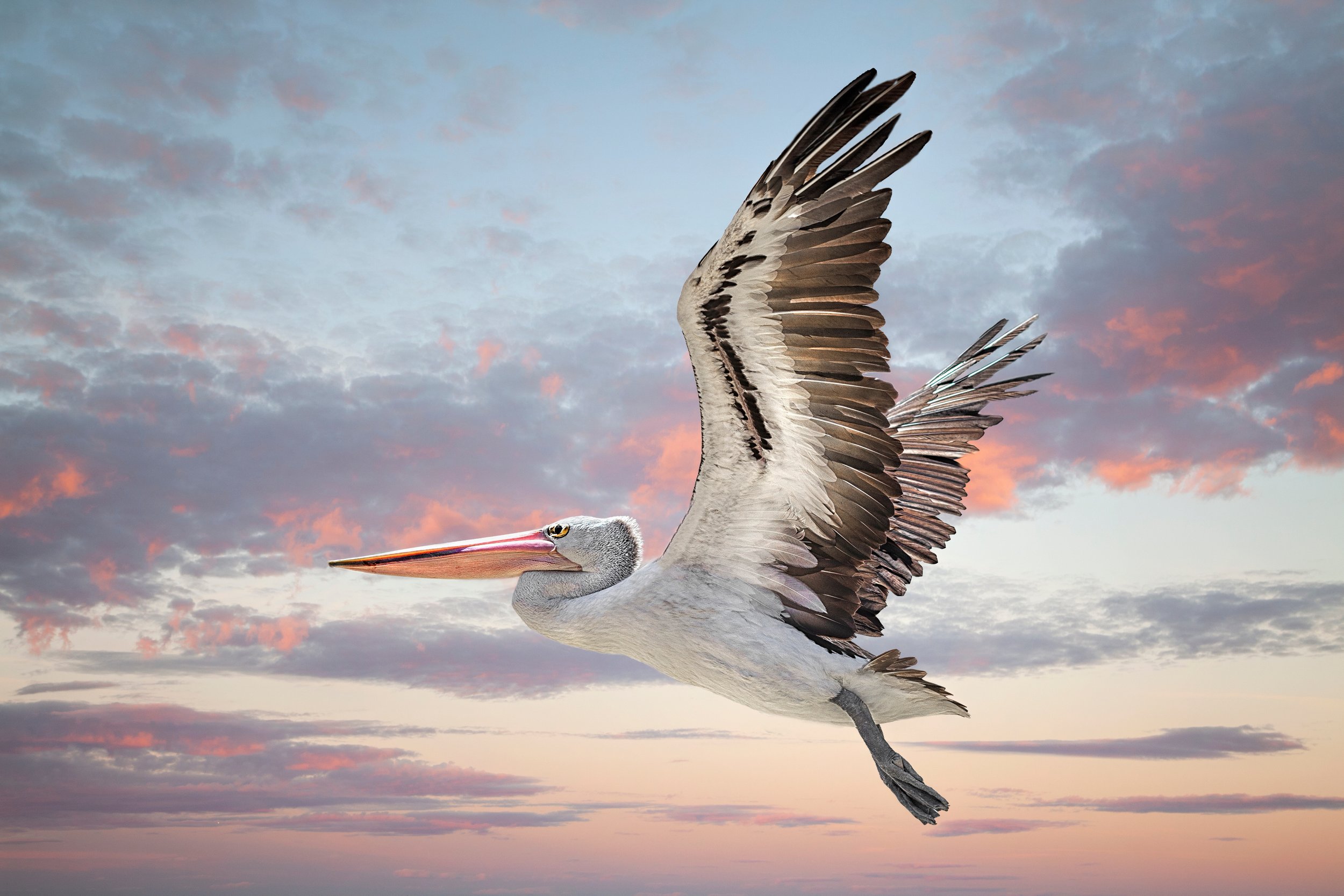
Stay up to date with us!
Receive email updates on the progress of Defend the Wild and our latest campaigns by signing up to our mailing list.










